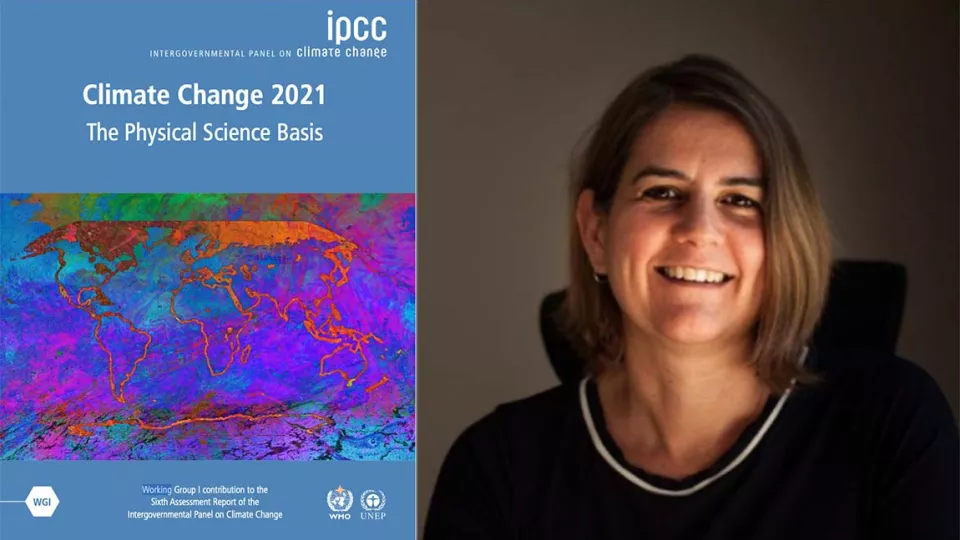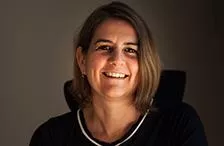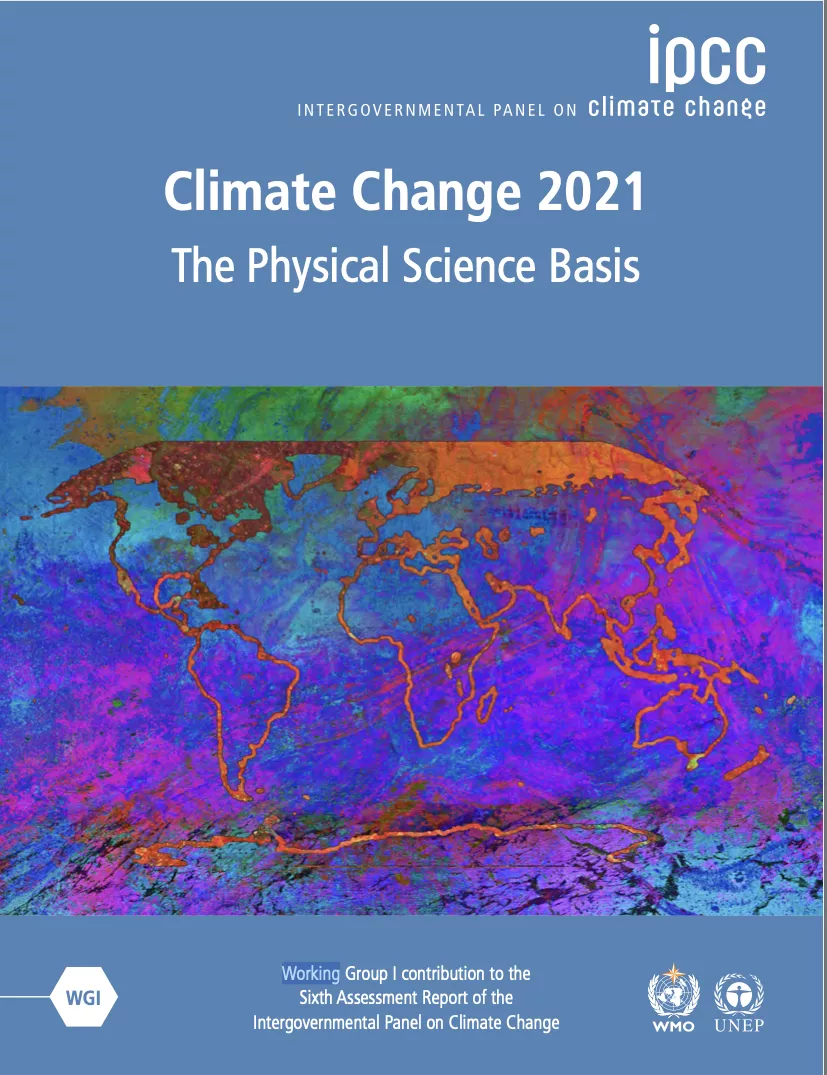Ahead of the coming COP26 in Glasgow, professor Emily Boyd comments on the findings, what we can expect from the second instalment of the sixth assessment report and shares her hopes for political and societal action, not just at COP26, but beyond - at national and local level.
What are the most important findings in the report according to you?
– Obviously, one of the key things is that it is now established that climate change is human induced. This message is loud and clear. Without a doubt, we humans are causing climate change, and it is happening at a much faster rate than we would have imagined some years ago.
This message is loud and clear. Without a doubt, we humans are causing climate change, and it is happening at a much faster rate than we would have imagined some years ago.
Another point is that we can use this science to underpin societal transformations. If we have social movement groups saying: we need to act now, the time is short, the science strongly supports those statements. The science really matters as a first step in terms of instigating a shift – for me the basis to think about what future will hold if we don’t act now.
What are your views on the uptake of the report in society and media?
– The release of the report coincided with many extreme events this summer. This made the messages in the report starker, and struck a chord with people who might not have taken the information into account. Media across the world has also upped their game in terms of reporting on the climate.
Yet, the big challenge comes now, after the initial coverage and flurry of attention have passed. Other issues understandably become more pressing again: war, security and the disproportionate effects of the pandemic.
For me this hones in on the fact that these issues are not unconnected, the complexity at fine scale is enormous and where to start is probably the toughest challenge. Climate change is more than just impacts on the natural world.
What will the science highlight in the second instalment of AR6?
– The second instalment connects climate science to implications for society. It explores effects on mental and physical health, poverty and inequality. It provides a deeper understanding of poverty. The report also focuses on solutions to a larger extent than previous IPCC reports have done.
For me, report number two adds a crucial part of the puzzle in its attempts to respond to the key question: how will humankind be impacted by climate change, and how is climate change intersecting with other drivers of vulnerability such as poverty, ethnicity, your socio-economic situation and gender? In short, development issues, will be connected to climate science further to get a full picture of how our world, and us, might experience the future.
Do you think the report will make a difference for what happens at COP26?
– I hope that the message in the report will be enough to push countries into making stronger commitments. But it is important that these commitments address both climate change and inequality – otherwise I fear we will continue to experience disproportionality between different groups and societies.
I also think that we need to reflect on what it is we want to achieve at COP26? To me, it is very clear that a serious and renewed commitment to emissions reductions Is required by wealthy nations coupled with an acknowledgement that climate change harms people everywhere because of existing disadvantages – this was illustrated by the Pandemic. So, there are two important mind shifts and actions required. One is to reduce GHG emissions and the other is tackle social justice. These have to be couple in a transitions process from global to local levels, in ways that lead to actions that deal with synergies and tradeoffs, disagreements and potential conflicts. COP26 is an opportunity for leadership rather than only formalia, where nation states discuss on a very abstract level.
Looking inward at Sweden’s leadership forward I would ask: what can we do in terms of acting further on the IPCC report? Both in terms of engaging different sections of Swedish society in changes to energy, transport, and consumption, farming and forestry and so on, but also at the same time look outward and in solidarity what can Sweden to do support others. Sweden might be a small country but can create impact – by highlighting ways in which Swedish society can engage with international perspectives, networks and groups across the world.
Sweden might be a small country but can create impact – by highlighting ways in which Swedish society can engage with international perspectives, networks and groups across the world.
We have an election coming up in Sweden next year, and now is a good opportunity to really push the science into political action. But this change process needs to be led by a cross-section of parties and civil society groups. Science alone will not create this sea change. As Naomi Oreskes says it is also a matter of engaging people and the public in the climate change crisis from their point of view and what matters to them.


